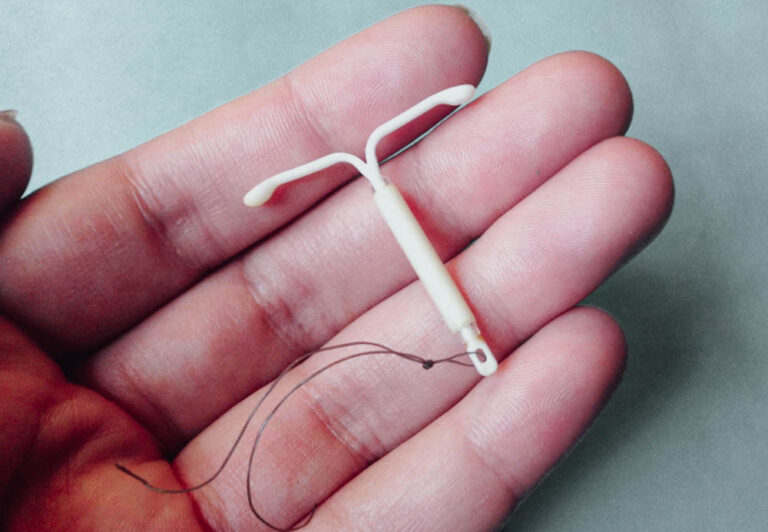Mirena is a hormonal intrauterine device (IUD) that can provide long-term birth control (contraception). The device is a T-shaped plastic frame that’s inserted into the uterus, where it releases a type of the hormone progestin. To prevent pregnancy, Mirena:
- Thickens mucus in the cervix to stop sperm from reaching or fertilizing an egg
- Thins the lining of the uterus and partially suppresses ovulation
Mirena prevents pregnancy for up to five years after insertion. It’s one of several hormonal IUDs with Food and Drug Administration approval.
You will need an initial consultation with your doctor to discuss your contraception options prior to insertion and to obtain a prescription for the IUD. At this initial appointment the doctor will advise the most suitable time to insert the IUD depending on your current menstrual cycle and any other contraception you are using. You may be screened for STIs at this time. You must then bring the Mirena with you to your insertion appointment.
Please advise reception at time of booking if you require an initial appointment to discuss options with the doctor or if you have the script already and need to book for an insertion or removal procedure.
At your appointment, your health care provider will carefully insert the Mirena into your uterus. It is important to contact your health care provider immediately if you think Mirena is no longer in place. Your provider will check the location of your Mirena and, if it’s displaced, remove it if necessary. The Mirena can remain in place for up to five years.






